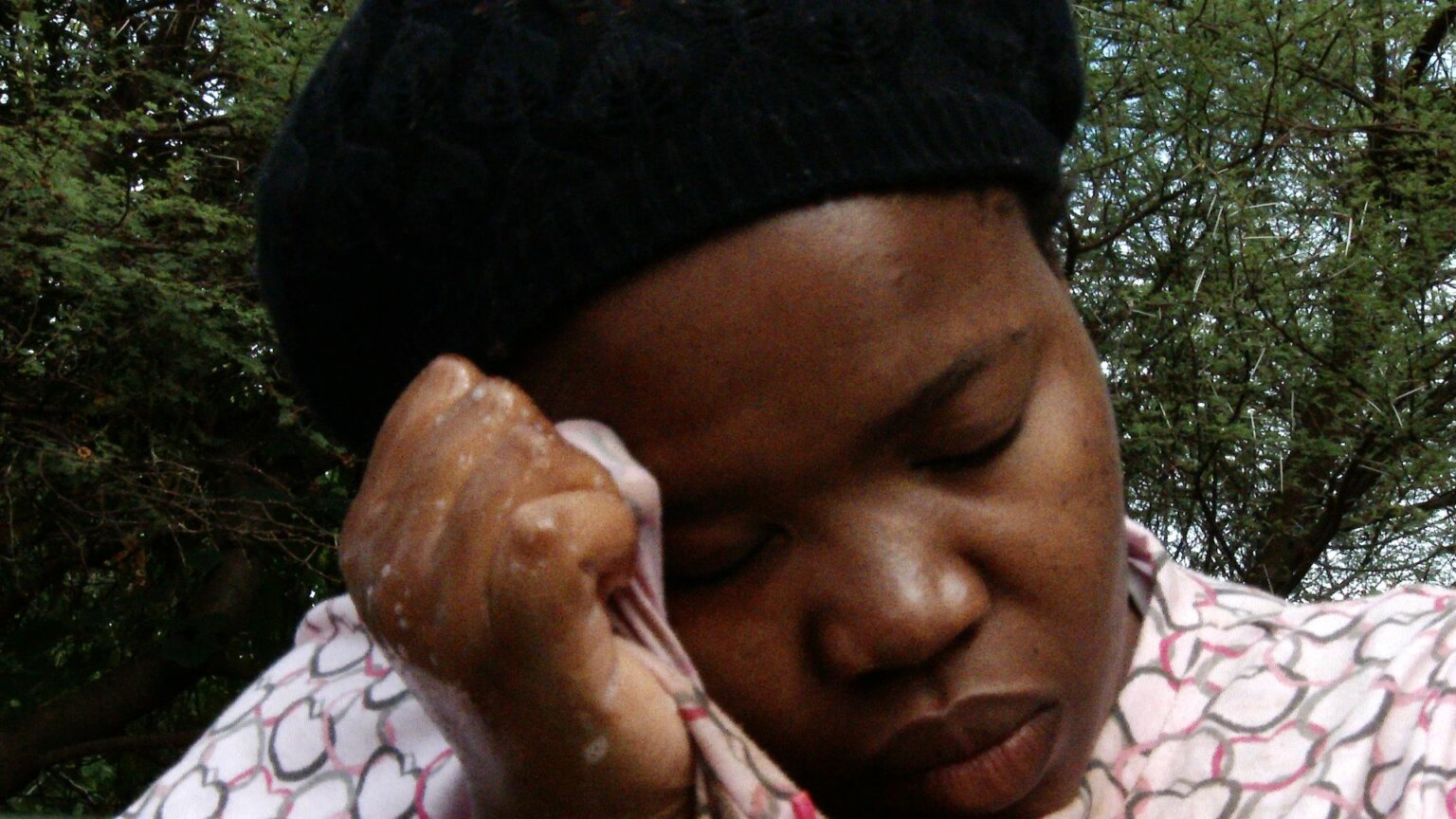- About
- Topics
- Story
- In-Depth
- Picks
- Opinion
- News
- Donate
- Signup for our newsletterOur Editors' Best Picks.Send
Read, Debate: Engage.
| topic: | Women's rights |
|---|---|
| located: | Ghana, Mauritania, Indonesia |
| editor: | Bob Koigi |
Globally, up to 200 million women and girls in 31 countries have been subjected to a form of female genital mutilation (FGM), 44 million of which are girls who are 14 years or younger.
The practice that involves partial or total removal of the external female genital parts or injury to the genital organs without medical requirement has serious consequences for women, including extreme bleeding, infections, pain, lifelong complications on the reproductive and mental health of the victims, and in serious cases death. It is also a violation of girl’s rights to health, security and of freedoms from torture and inhumane treatment.
Young girls below 14 years in countries like Gambia, Mauritania and Indonesia have to endure the procedure and the complications that come with it. A majority of the girls who undergo FGM are at risk of getting into early marriages and dropping out of school, which threaten their future and that of their families.
Even as we celebrate the decline in the prevalence of the practice - girls today are less likely to face the procedure than was the case 30 years ago -, there are still 2 million girls at a risk of undergoing FGM by 2030, with the situation being compounded by disease outbreaks, conflicts and climate change.
As the world marks The International Day of Zero Tolerance for Female Genital Mutilation this week, a day that was designated by the United Nations General Assembly in 2012 to raise awareness of the practice and push for its elimination, the clarion call is to bring everyone on-board in order to sustain the progress made so far. Indeed, the theme of this year ‘Partnership with Men and Boys to transform Social and Gender Norms to End FGM,’ better exemplifies this call. Communities must engage in conversations on how to collectively end the practice. It is imperative that men are included in these talks to challenge norms and recruit them in the fight for women’s rights.
Previous interventions that have tapped men have proven successful by enlisting the support of traditional and religious leaders, grassroot organisations, health workers and law enforcement authorities, among other players.
In this decade of action, the rights, health and wellbeing of girls and women should be every nation’s priority and practices like FGM should not have a place in modern society.
Image by Amevi Wisdom

